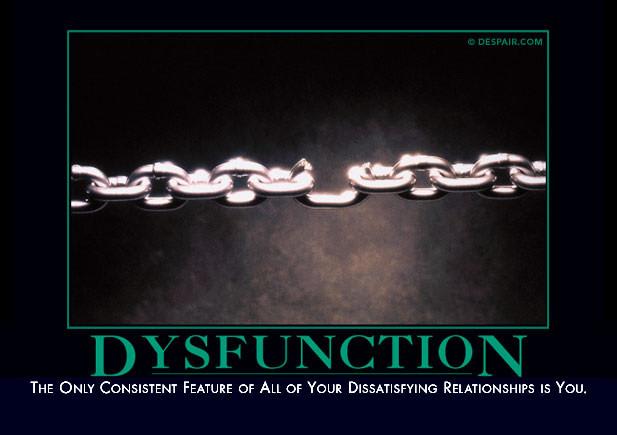tz101
Mechanical
- Feb 11, 2005
- 145
Just curious, what is the overall job culture in your geographic region?
Indiana, where I have worked my entire career, has become a veritable slave ship with backstabbers at every turn. Not intending this to be a whine session, but just stating facts.
I am wondering if the entire US has become this brow beating culture, or mainly the Midwest.
Indiana, where I have worked my entire career, has become a veritable slave ship with backstabbers at every turn. Not intending this to be a whine session, but just stating facts.
I am wondering if the entire US has become this brow beating culture, or mainly the Midwest.

